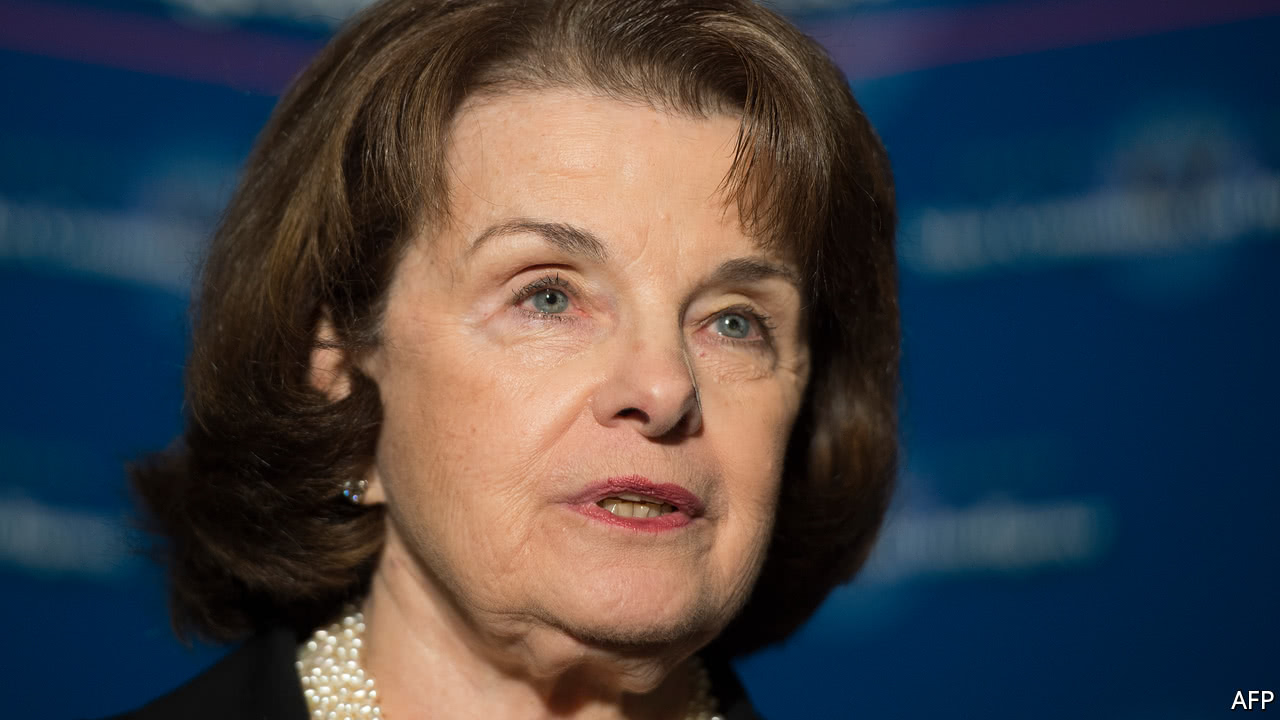A TRIP around Miranshah with an escort of heavily armed soldiers is a surreal experience. The town is the administrative centre of North Waziristan, a lawless region once controlled by jihadists that Barack Obama called “the most dangerous place in the world”. But Pakistan’s army, which fought a 22-month campaign from 2014 to evict militants from North Waziristan, is trying to transform the town from a byword for extremism to a showcase of the stability to which the generals say the country is returning.
The army lost nearly 500 men in the fighting. About 3,400 militants were killed; many more fled across the border to Afghanistan. Signs of the violence are everywhere. But so too are efforts to provide greater prosperity for traumatised civilians (nearly 1m people living in the region were displaced). New roads fan out from the town. Lots of buildings, including shops, clinics and a sports stadium, are going up. A children’s playground has been laid out next to the river that...Continue reading
from Asia http://ift.tt/2HSGnF6
via https://ifttt.com/ IFTTT

















































